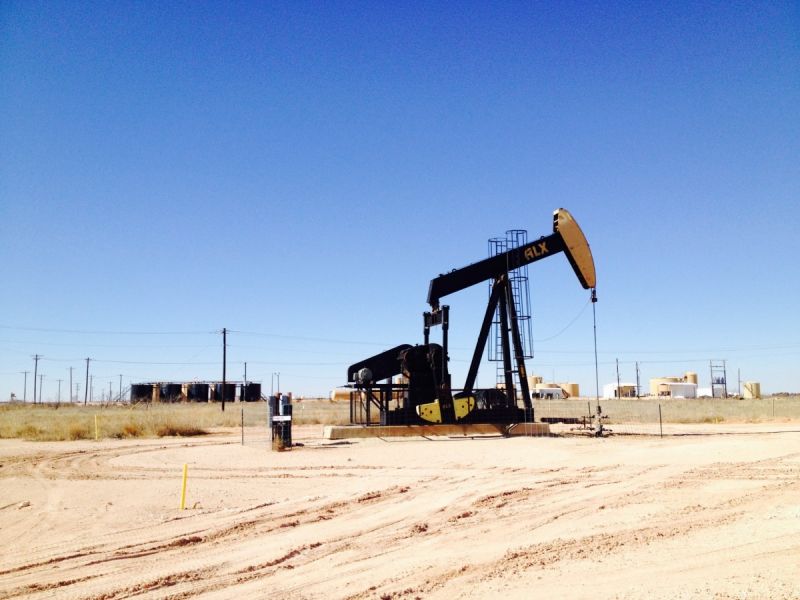Reusing Polluted Water with Bacteria (Opinion)
Published on by Water Network Research, Official research team of The Water Network in Technology
Scientists say bacterial communities are the key to efficient, low-cost treatment systems for wastewater from the oil and gas industries.
By Aliyah Kovner, Berkeley Lab

Representative image by PXHere.com
Drilling a single oil or natural gas well with hydraulic fracturing requires between 1.5 to 16 million gallons of water. When the well starts flowing, the fluid that is brought back to the surface alongside the oil and gas is a combination of the injection fluid and brine from aquifers – a difficult-to-treat mixture known as produced water. Brimming with hydrocarbons, harsh salts, and industrial chemicals, the vast majority of produced water is injected into disposal wells after it is collected. Currently, less than 1% of the billions of gallons generated each year is reused.
How can this “wastewater” be turned into usable water? One answer: Let microbes do the work.
A team of scientists from the Department of Energy’s Lawrence Berkeley National Laboratory (Berkeley Lab) and the Colorado School of Mines (Mines) is developing a microbe-based system that could remove toxic compounds from produced water so it can be reused in other water-intensive sectors such as agriculture and energy production. Their new project is part of a wave of recent research aimed at harnessing biological systems – rather than expensive, high-tech equipment or intense chemical cocktails – to clean water.
“We know that microbes are excellent for cleaning water,” said Susannah Tringe, co-lead of the Berkeley Lab group and a microbial genomics researcher within the Environmental Genomics and Systems Biology Division. “Scientists have shown the potential of using microbial communities to remove excess phosphorus and nitrogen from various other types of wastewater, including municipal water, and in removing toxic plastic contaminants from water used at manufacturing plants. And almost all cities have been using microbiological treatment for sewage water for years.
“The human demand for freshwater is growing – yet our natural resources are nearly tapped out, and climate change is expected to make it worse. It’s urgent that we find ways to reuse the water we’ve already taken from the environment,” Tringe added.
Media
Taxonomy
- Water Reuse & Recycling
- Industrial Water Reuse
- Reuse
- Heavy Oil
- Nutrient Recovery & Reuse
- Crude Oil & Oil Products Supply & Trading
- Phosphorus Recovery